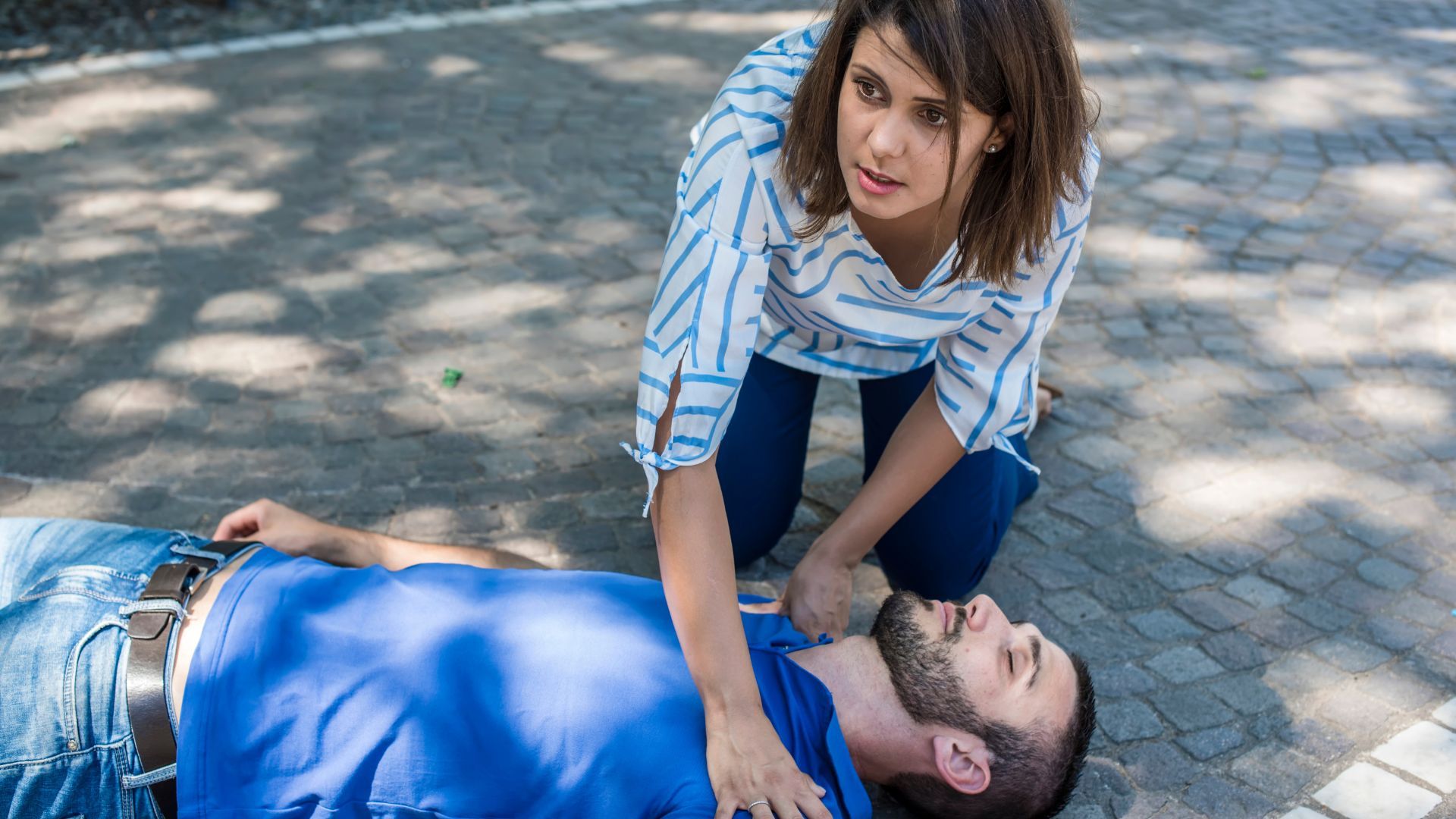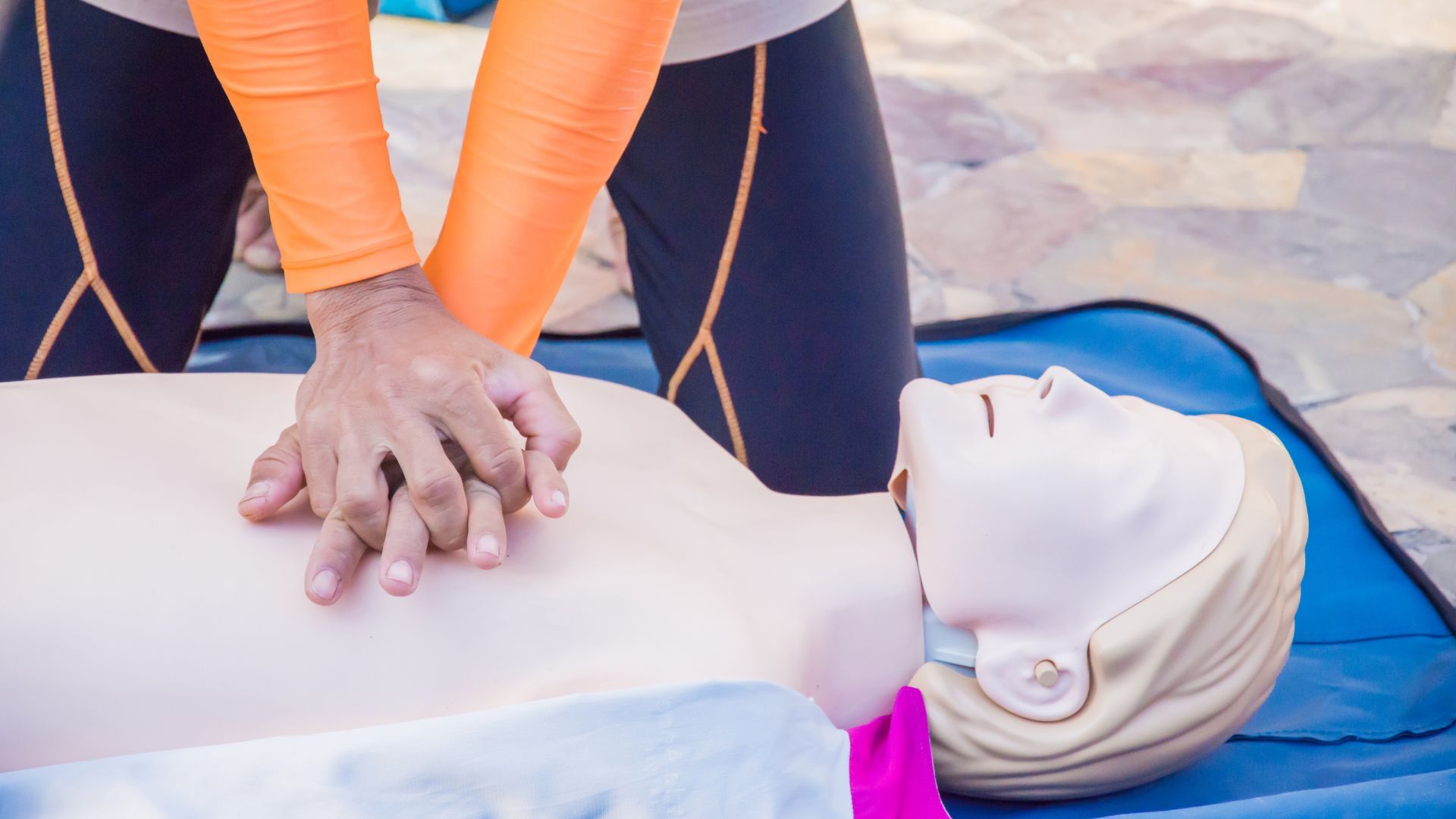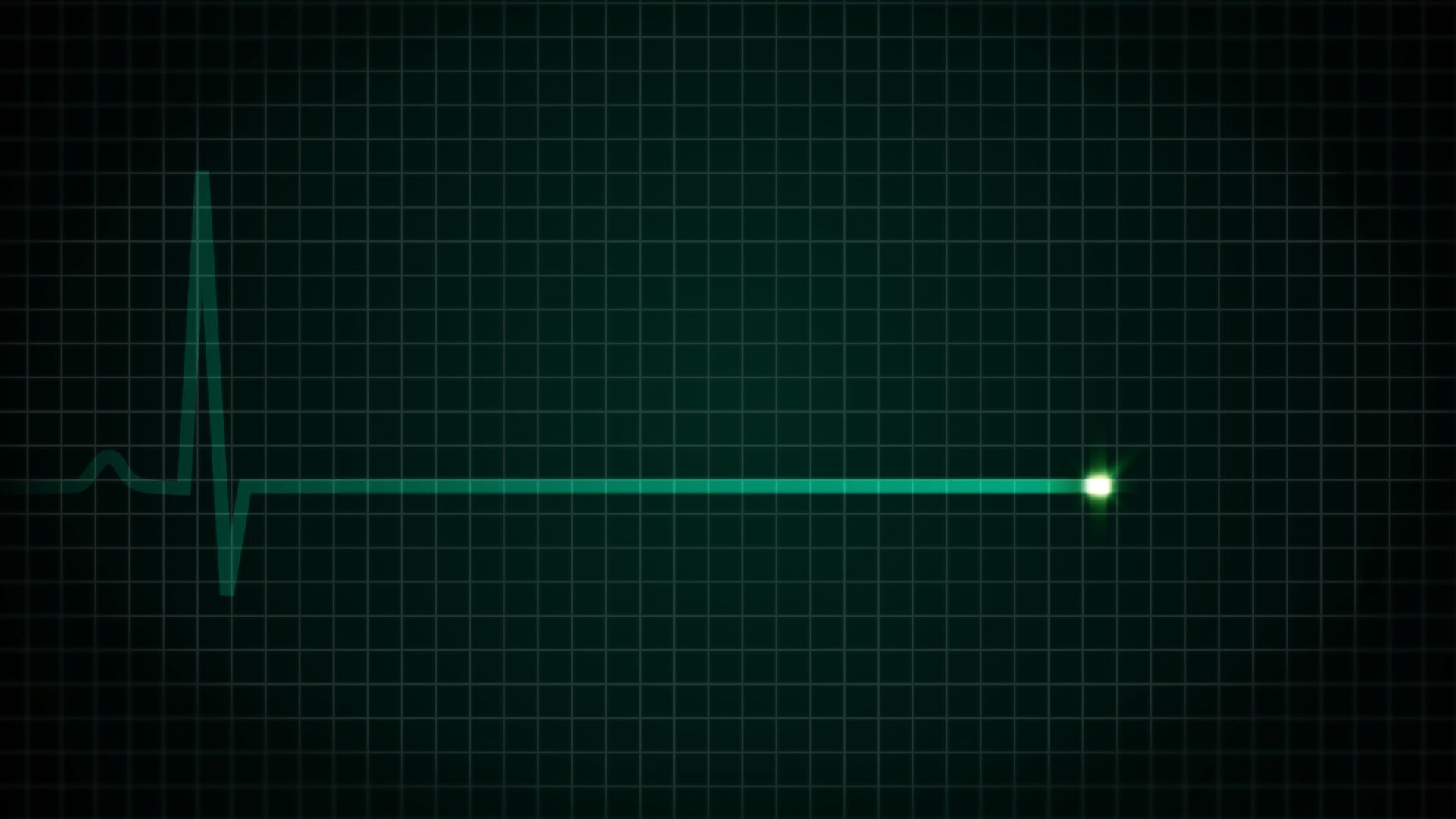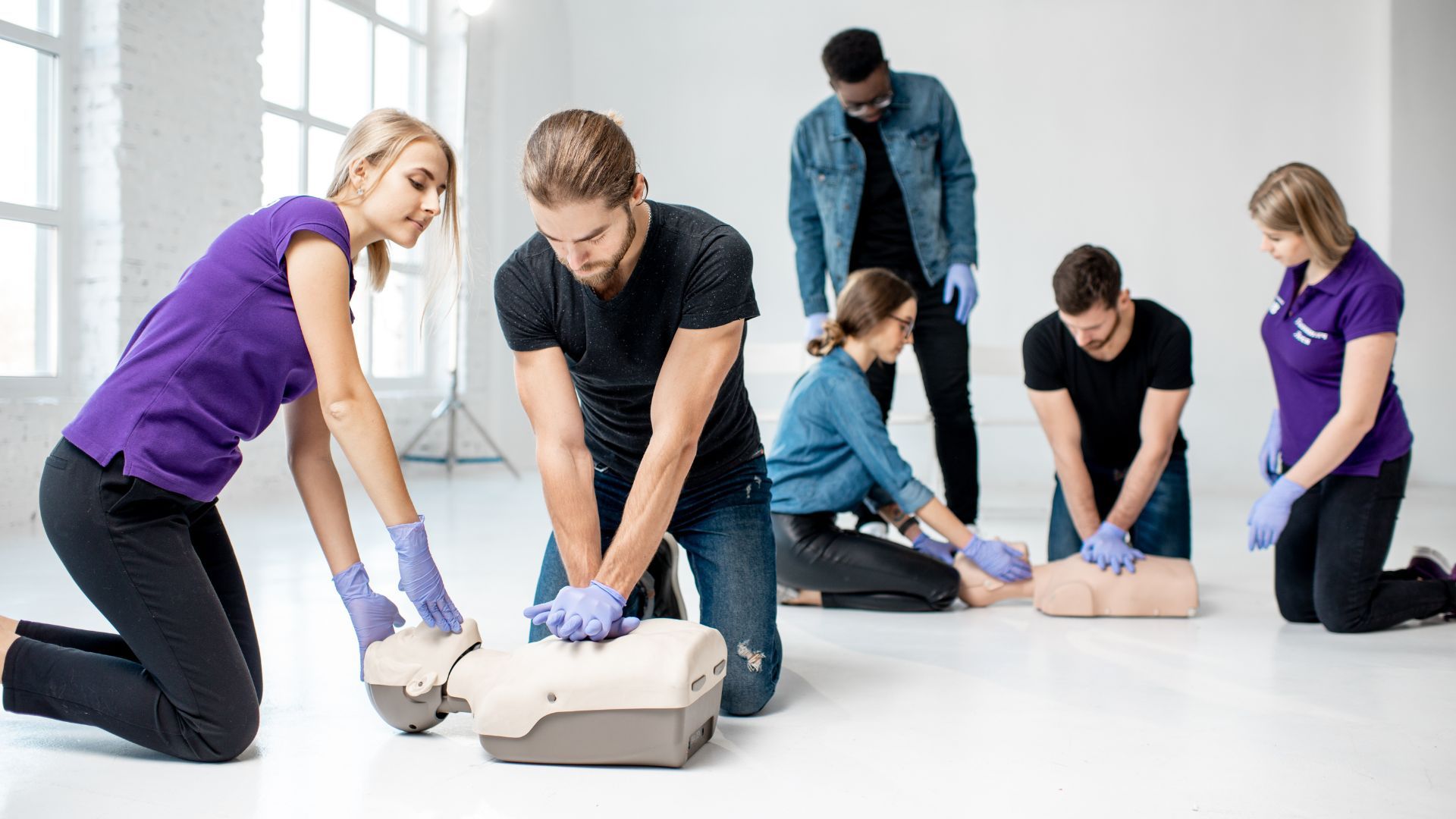
The Benefits Of Obtaining CPR Certification
Are you looking for a way to increase your employability and make yourself more marketable to potential employers? Obtaining CPR certification can help you achieve these goals, as well as give you the tools necessary to save lives in an emergency situation. I’m here to tell you about the benefits of obtaining CPR certification so that you can make an informed decision on whether or not it’s right for you.
In this article, we’ll discuss why getting certified is a good idea and how it could benefit both yourself and those around you. We’ll also look into what’s involved with obtaining certification, including course requirements and costs. Finally, we’ll go over some tips on finding a reputable source for training materials so that when it comes time to get certified, you’re prepared.
At the end of this article, I hope that readers have enough information to decide if becoming certified in CPR is something they should pursue. With proper knowledge and preparation, anyone can obtain their certification and reap the rewards associated with being able to provide life-saving assistance in an emergency situation.
What Is CPR?
Imagine being in a situation where you are the only one able to help someone who is having a medical emergency. You take control and provide immediate care that can potentially save their life. This is what CPR certification provides; with it, comes an invaluable knowledge of how to act swiftly and appropriately in such an urgent circumstance.
CPR stands for cardiopulmonary resuscitation, which combines rescue breathing and chest compressions to maintain circulation of oxygen-rich blood throughout the body. It keeps vital organs alive until more advanced medical care arrives on the scene. Knowing this skill gives peace of mind knowing that if needed, proper action could be taken quickly and efficiently to help another person in need.
When obtaining CPR certification, individuals receive hands-on training from certified instructors as well as have access to educational materials so they can better understand why these steps are necessary when providing aid during a cardiac arrest or other similar medical emergencies. With such information at hand, people feel empowered and ready to do whatever possible to make sure those around them stay safe and healthy.
Types Of Certification
Moving forward, let’s discuss the types of CPR certification that are available. There are two primary ways to obtain certification: through a class or online. Taking a class is beneficial because you will get hands-on training and instruction from a certified instructor. You’ll also have the opportunity to ask questions and practice with an AED (automated external defibrillator). Online courses offer convenience and allow for self-paced learning. However, it does lack in terms of providing actual physical skills practice and may not be accepted by certain employers or organizations.
When deciding which type of course to take, consider your budget, time availability and what kind of recognition you need from potential employers or certifying bodies. Both options provide valid certification as long as they meet local standards set forth by medical professionals. Ultimately, the one that best fits your needs is the right choice for you!
Requirements For Certification
Transitioning from the different types of certifications, it’s important to understand what is required for obtaining CPR Certification. This certification can be invaluable in a number of situations and comes with a variety of benefits. Here are some requirements that must be met before being certified:
- Attend or complete an approved course – One needs to attend an accredited course by either attending an in-person class or completing one online. It should include hands-on practice as well as instruction on the knowledge needed.
- Pass tests – Most courses require passing written and practical exams after completion of the course in order to obtain full certification.
- Renewal – Certifications have expiration dates which will need to be renewed every two years in order to remain valid.
- Continuing education credits – In addition to renewing your certification, continuing education credits may also be necessary depending on your state’s regulations.
Having a current CPR certification provides many advantages both professionally and personally. Professionally, it allows individuals in certain fields such as healthcare and emergency services personnel, to meet licensing standards and demonstrate their ability perform adequate lifesaving measures when needed. On a personal level, having this certification can provide peace of mind knowing you’re equipped with life saving skills if ever compelled into action during an emergency situation. Obtaining a CPR certificate gives you the confidence together with quality training that enables you act quickly and correctly when help is needed most!
Cost And Time Involved
The cost and time involved in obtaining CPR certification is minimal. Generally, the process consists of a few hours of instruction and some form of assessment, such as a written or hands-on test. Here are just a few benefits to consider:
- Cost efficient – The course fees usually range from $25-$50 depending on your location; far less than many other types of certifications.
- Time efficient – Most courses take only 4-6 hours to complete which can be done over one day or broken up into multiple sessions if needed.
- Convenient – Many classes are available online so you don’t have to leave home to attend them. Additionally, renewing class materials is quick making it easy for those who already hold their certification but need recertification due to expiration dates.
Overall, getting certified in CPR does not require much effort in terms of money spent or time dedicated and provides great rewards that could save someone’s life!
Benefits Of Certification
Fortunately, the costs and time involved with obtaining CPR certification are minimal when compared to the benefits. Primarily, possessing a CPR certification allows individuals to save lives in emergency situations through knowledge gained during training. Furthermore, there are other advantages of having this type of qualification that can be both personally rewarding and professionally beneficial.
First off, having a valid CPR credential provides peace of mind knowing you have the skills necessary to help someone in need of medical attention. With these abilities comes confidence which is an invaluable asset for many people in all walks of life. Secondly, from a professional point of view it’s quite advantageous as certifications like these often provide more job opportunities and potential promotion within current positions. Finally, certificated holders may also obtain discounted rates on first-aid related items such as insurance policies or equipment purchases.
In short, becoming certified in CPR is not only relatively inexpensive but has numerous rewards. Knowing how to perform lifesaving techniques properly grants assurance in crisis scenarios whilst providing enhanced career prospects too – giving those qualified an advantage over others who are not registered.
Application Process
The application process for CPR certification is relatively simple and straightforward. I started by researching different organizations that offer courses and certifications, taking into account the cost, duration of training, and availability of classes in my area. Once I found a program that met my criteria, I filled out an application form online to reserve a spot in the course. After completing the registration process, I received confirmation with all relevant information about attending the class: location, date and time.
On the day of the class, I arrived early to ensure everything went smoothly. During the session, I was taught how to assess a patient’s condition quickly as well as what steps to take during cardiopulmonary resuscitation (CPR) or automated external defibrillation (AED). The instructor also provided hands-on practice on dummies so we could get comfortable with performing CPR correctly according to safety protocols.
At the end of the course there was an exam which tested our knowledge on how to properly perform life-saving techniques like chest compressions and rescue breathing. Upon passing this test, I was given an official certificate proving my CPR certification status along with instructions on how to keep it up to date through refresher courses every two years.
Renewal Process
Now that you have obtained your CPR certification, it is important to keep it up-to-date. Renewing your CPR certification can be done simply and quickly. To begin the renewal process, contact a certified provider of CPR instruction. They will provide you with information on how to renew your certification, as well as any new regulations or standards they may have in place.
When renewing your certificate, make sure to bring all the required materials such as a valid photo ID and proof of previous completion of the course. Once those documents are verified, you will then take an updated CPR test for recertification purposes. The questions on this exam will cover critical concepts related to proper resuscitation techniques and patient care during medical emergencies. After completing the examination successfully, your renewed certificate should arrive within two weeks of submission.
TIP: Make sure to respond promptly when contacted by a certified provider about renewing your certificate; otherwise there could be delays in processing your renewal request!
Conclusion
In conclusion, CPR certification is a valuable asset to have in any healthcare profession. It provides an individual with the knowledge and skills necessary to save lives when every second counts. Not only can it be used here in the United States but also abroad as well; however, age limitations do exist for obtaining such certifications. While performing CPR does come with some risks, having the proper training reduces those risks significantly. And finally, although this certification needs to be renewed periodically, it’s worth taking that extra step to ensure your life-saving abilities stay up to date.
Possessing CPR certification puts individuals at peace knowing they possess the power of potential lifesaving procedures if ever faced with such a situation. People who are certified feel proud knowing their preparedness could prevent tragedy and protect precious lives at any moment’s notice. Furthermore, being CPR certified gives people confidence that they can contribute positively during tense situations and provide support where needed most.
Ultimately, obtaining CPR certification is an important addition to anyone’s skill set, whether they work in a medical field or not. The benefits of having these credentials far outweigh any fears one might have about taking on additional responsibilities; so don’t delay – join today!
Frequently Asked Questions
Is CPR Certification Required For All Healthcare Professionals?
Do healthcare professionals need to be CPR certified? This is an important question, especially for those in the medical field. Whether you’re a doctor or nurse, having this certification can make all the difference when it comes to saving someone’s life. So let’s take a closer look at whether this certification really is necessary.
The benefits of obtaining CPR certification are far-reaching, and they go beyond just performing compressions on someone who has gone into cardiac arrest. Having such training can help healthcare professionals better assess a situation quickly and accurately so they know how best to proceed. It also ensures that they are up-to-date with the latest techniques which may have changed over time. Furthermore, being certified opens up more job opportunities as many hospitals require their employees to have knowledge of these lifesaving methods.
For anyone working in the medical field, getting your CPR certification is highly recommended as it will give you peace of mind knowing that you are fully prepared should anything happen during work hours. Not only does it provide assurance but also increases confidence when dealing with possible emergencies – both key attributes for any healthcare professional!
CPR certifications offer numerous advantages for medical personnel and could even save lives someday; in short, there’s no reason not to get certified if you plan on pursuing a career in health care! From improved assessment skills to greater job prospects, having this qualification under your belt will ensure you feel ready whenever needed.
Is CPR Certification Accepted In Other Countries?
As a healthcare professional, I’m sure you’re wondering if your CPR certification is valid in other countries. It’s understandable to be concerned when it comes to the safety of patients and whether your training will translate across borders. Thankfully, there are several ways you can make sure that your skillset is recognized in any country you may visit or work in.
First off, many countries recognize American Heart Association (AHA) certifications which often serve as an international standard for healthcare providers seeking employment outside their home nation. Additionally, nearly all first aid and CPR courses offer students certificates with information on how they meet national standards so potential employers can easily identify what type of training each student has completed.
The most important thing to remember when trying to gain employment overseas is that each country may have different requirements for medical personnel beyond just having a certificate from another nation. For example, some countries require additional testing such as language proficiency tests or credential verification processes before accepting an applicant into their workforce. However, by obtaining AHA-accredited CPR certification and preparing ahead of time for these extra steps, you’ll be well on your way towards finding success abroad!
Is There An Age Limit For Obtaining CPR Certification?
We all know that CPR certification is essential for a wide range of professions, but have you ever wondered if there’s an age limit to obtain it? Well, the good news is yes and no.
For starters, let’s look at what you need to consider before getting your hands on a certificate:
- You should be able to understand basic instructions in order to perform the different techniques required by CPR;
- It’s important to remember that some countries might require minimum ages for certain certifications;
- Make sure you attend classes from an accredited institution or instructor;
- Lastly, check with your country’s applicable laws regarding resuscitation techniques.
In today’s world, most countries accept CPR certificates regardless of age. However, depending on where you live, some organizations may require individuals under 18 years old to get parental permission before signing up for courses. Additionally, many academies also set restrictions on how young someone can be while taking their classes – usually between 8-15 years old. But don’t worry! In general terms, anyone over 15 will be allowed to take part in these training sessions without any problem whatsoever.
So there isn’t really a definitive answer when it comes down to age limits for obtaining CPR certifications as each organization has its own set of regulations and guidelines. That said, make sure you do your research thoroughly so that nothing stands in the way of achieving this life-saving skill!
Are There Any Risks Associated With Performing CPR?
CPR certification is a vital skill for many medical professionals and laypeople alike, but it’s important to know what risks are associated with performing this life-saving technique. According to the American Heart Association, more than 350,000 out-of-hospital cardiac arrests occur in the United States each year1. As such, learning CPR can be invaluable when put into practice in emergency situations.
That said, there are certain safety concerns that one should take into account before performing CPR on a patient. The most common of these is broken ribs due to chest compressions; as reported by various studies2, this occurs between 5% and 25% of the time depending on how deep and fast compressions are performed. In addition, if too much force is used during rescue breaths or mouth-to-mouth resuscitation then an individual may experience complications such as vomiting or choking due to airway obstruction3.
It’s clear that while trained professionals can use their best judgement and skill level to reduce potential risks from performing CPR, there will always be a degree of risk involved in attempting any kind of medical intervention like this. Therefore anyone looking to obtain CPR certification should make sure they understand the implications beforehand so they can respond effectively and safely in an emergency situation.
Is CPR Certification A One-Time Process Or Does It Need To Be Renewed Periodically?
CPR certification is a process that requires ongoing education and practice to ensure that the provider has the most up-to-date techniques. So, is CPR certification a one-time process or does it need to be renewed periodically? The answer is: It depends.
The American Heart Association states that in order for an individual to maintain active CPR training status, they must take part in recertification every two years. This ensures that providers stay informed on any new changes or advancements made in the field of emergency care since their last course completion date. Additionally, some employers may require more frequent renewal courses depending on their own standard requirements for certification maintenance.
It’s important to note that even if you have completed your initial CPR qualification program there are still ways to keep yourself updated with current practices and methods through refresher courses and special programs offered by various organizations such as the Red Cross and other medical facilities. Taking these steps helps make sure you’re equipped with all the necessary skills needed when responding to life-threatening emergencies like cardiac arrest cases!
Find a CPR Certification Class Near You!
More Articles




